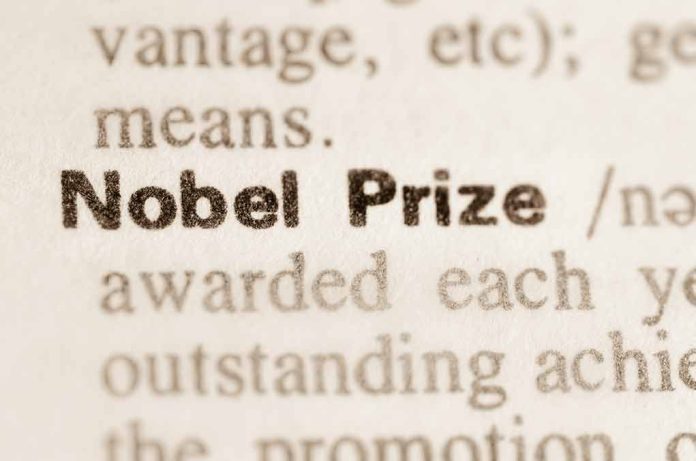
(DailyDig.com) – On October 3, three researchers were awarded the Physics Nobel Prize for their work in a sector that might one day lead to improved illness diagnostics or electronics: the ultrafast environment of spinning electrons.
Since electrons travel so quickly, they have eluded human attempts to isolate them. However, thanks to the ability to observe them for very brief periods of time, scientists currently have a fuzzy view of electrons, which offers up entirely new scientific insights.
This year’s Nobel Prize was shared by three scientists: Ferenc Krausz; Anne L’Huillier, a physicist; and Pierre Agostini, a scientist. All three were recognized for their contributions to our understanding of the subatomic particles that race around the nucleus of every atom.
The scientists worked to employ laser pulses that were increasingly shorter in duration in order to capture the atomic motion occurring at the incredible pace of one attosecond (one quintillionth of a second). According to Eva Olsson, head of the Nobel Committee, one second is the length of a human heartbeat. To get an attosecond, you would need to divide that number by a thousand six times.
However, there is a limit to what can be seen by electron microscopes. They are more like waves than particles, according to L’Huillier. The approach is used to determine where the wave crests are located. She emphasized the importance of electrons as the connecting force between atoms, which is where chemical processes take place.
According to Krausz, electrons serve as a kind of glue between atoms to create molecules. They are the fundamental units of all living things and the tiniest functioning building blocks. If you want to understand how they function, watch how they move.
The committee has not called Agostini, an emeritus professor at Ohio State University. He joked that his win was probably not the case.
While the primary goal of this field of study is now to expand our knowledge of the cosmos, its proponents believe that fundamental chemistry, physics, illness diagnosis, and electronics are all prime candidates for future applications.
Copyright 2023, DailyDig.com
















